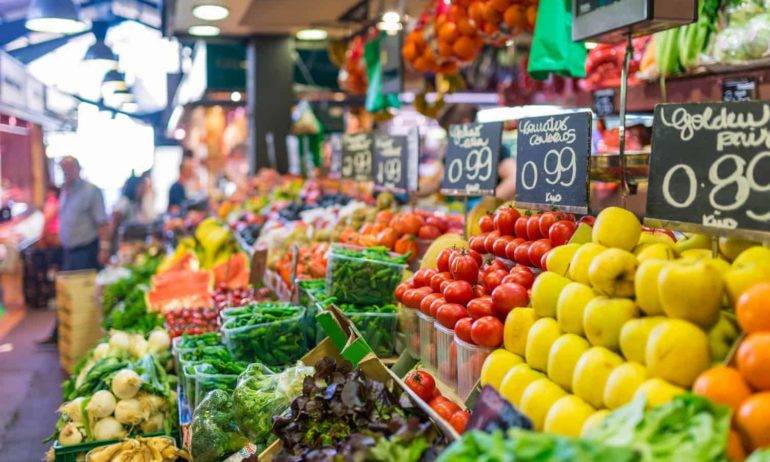
The Food and Agriculture Organization's (FAO) price index, which tracks the most widely traded food commodities worldwide, averaged 131.2 points in January, down from 132.2 in December. The reading was the lowest since September 2021.
The December figure was reduced from an earlier estimate of 132.4. Prices for vegetable oils, dairy, and sugar fell, contributing to the index's decline, while cereals and meat remained relatively stable, according to the FAO.
The FAO raised its forecast for global cereal production in 2022 to 2.765 billion tonnes from 2.756 billion tonnes in separate cereal supply and demand estimates released on Friday.
The FAO cereal price index increased by 0.1% month on month in January, for a 4.8% year-on-year increase. Wheat prices fell 2.5% globally as production in Australia and Russia exceeded expectations. Rice, on the other hand, increased 6.2%, owing to strong local demand in some Asian exporting countries.
In January, vegetable oil prices fell 2.9%, dairy prices fell 1.4%, and sugar prices fell 1.1%. Meat fell by only 0.1%. In terms of cereal supply and demand, the FAO predicted a record global wheat output in 2022, thanks to revised crop forecasts from Australia and Russia.
The forecast for global rice production has been revised downward due to lower-than-expected output in China, and it is now expected to fall 2.6% from its all-time high in 2021.
Looking ahead to 2023, FAO stated that early indications point to an increase in northern hemisphere winter wheat cropping. It did, however, warn that high fertilizer costs could have an impact on yields.
World cereal consumption is expected to fall 0.7% from the previous year to 2.779 billion tonnes in 2022/23. The world cereal stock estimate was 844 million tonnes, lowering the world stock-to-use ratio for 2022/23 to 29.5% from 30.8% in 2021/22.
















